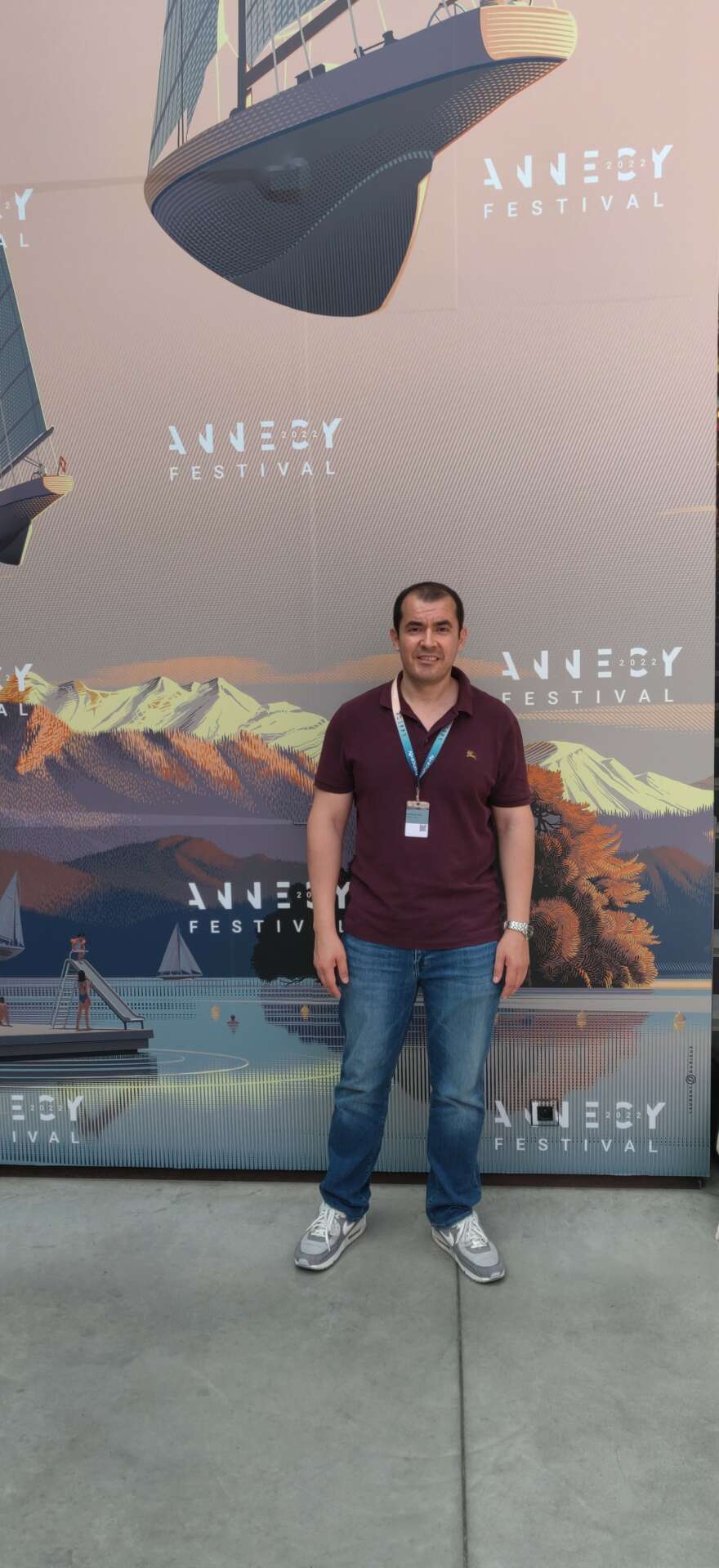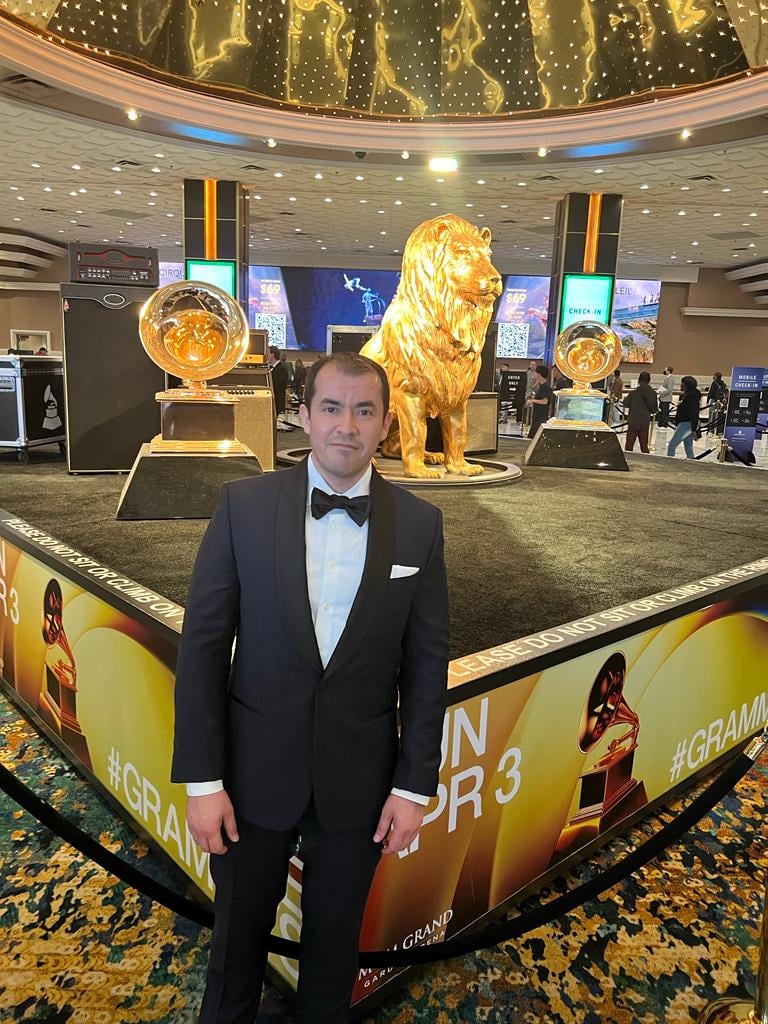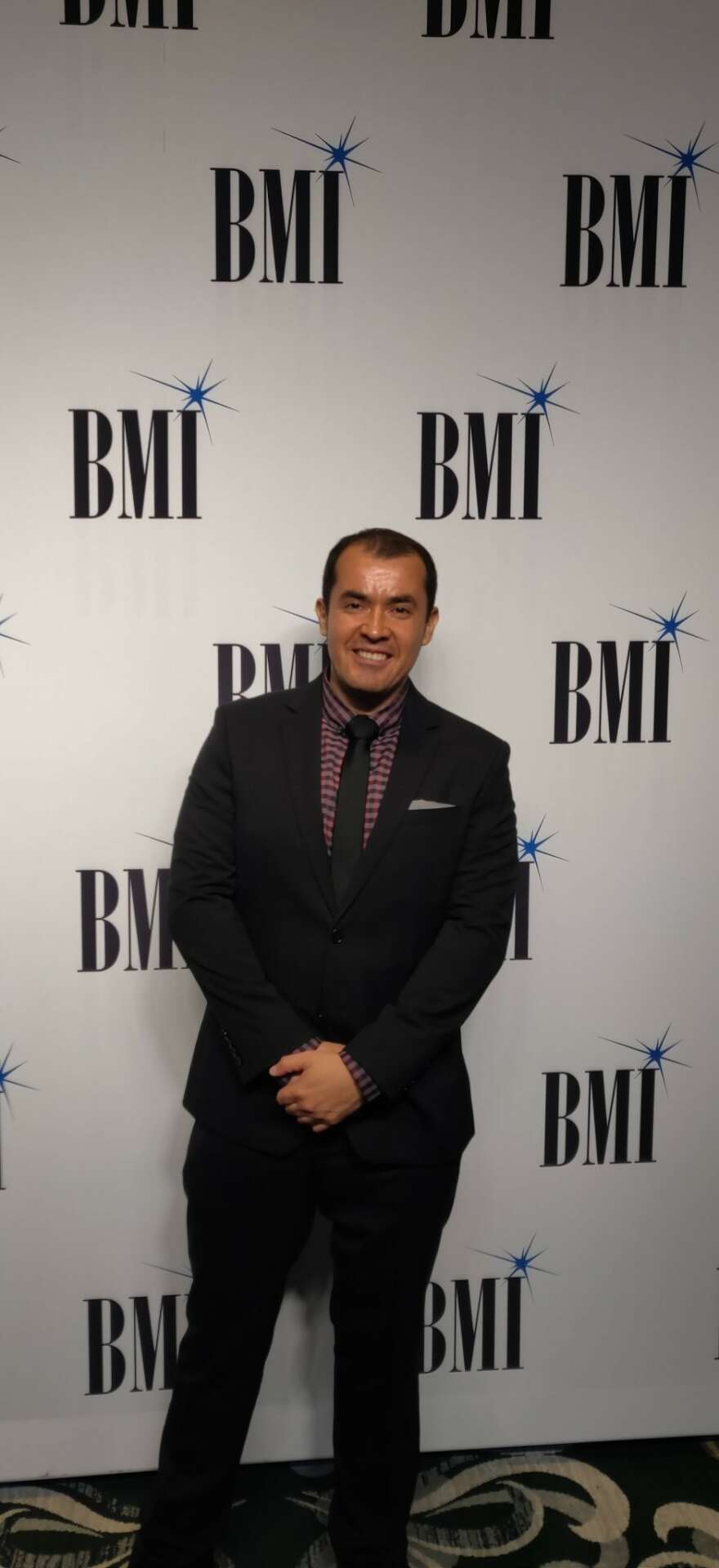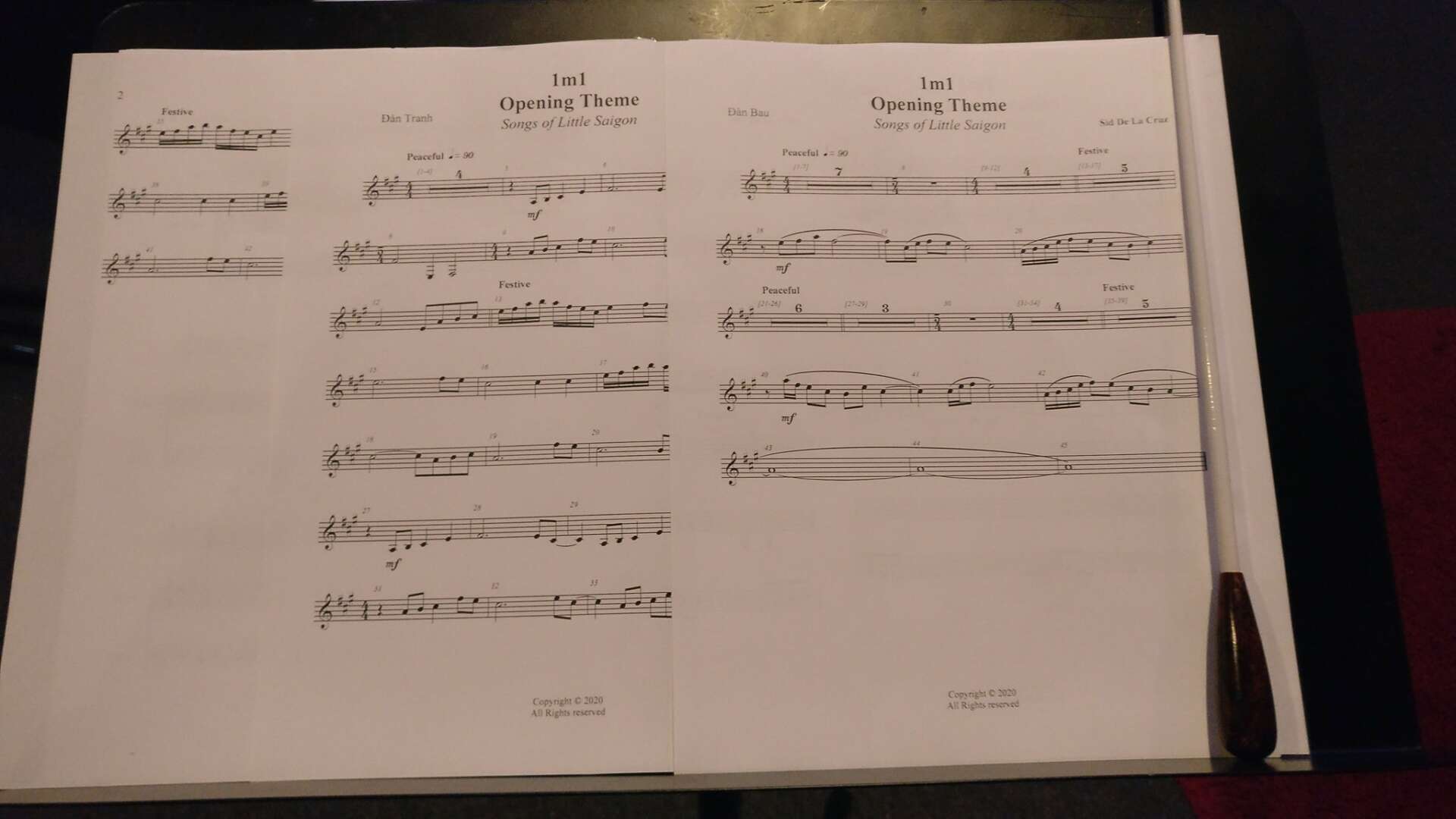Alright – so today we’ve got the honor of introducing you to Sid De La Cruz. We think you’ll enjoy our conversation, we’ve shared it below.
Sid, thanks for taking the time to share your stories with us today Can you talk to us about how you learned to do what you do?
I learned from several places. I learned from the universities I attended, the internships and working with established composers. I also learn by paying attention to what other composers do. Pay attention to current music trends. When I watch a film or listen to music. I try to analyze what is going on. This is something that I am always doing.


Sid, love having you share your insights with us. Before we ask you more questions, maybe you can take a moment to introduce yourself to our readers who might have missed our earlier conversations?
I attended San Jose State University and studied both classical and jazz composition. It was there that I was 1st introduced to film scoring. We had a professor who was a film composer but the school didn’t have any film scoring classes, so I asked the professor if he would be interested in teaching a film scoring class. He said yes as long as the school approved of it so, I went around, petitioned and got enough signatures. The following semester, film scoring was on the curriculum. After graduating SJSU, I was awarded a fellowship / scholarship to attend Claremont Graduate University to continue to studied classical composition, with composer Dr. Peter Boyer & Dr. Edward Zeliff. During my last semester at CGU, I attended UCLA’s Extension Film Scoring program. I was awarded the BMI Jerry Goldsmith Film Scoring Scholarship. After graduating, I interned at Remote Control Productions (Hans Zimmer’s studio) and with Trevor Morris. I was later hired by Trevor.
After my time with Trevor, I branched out on my own. During this time, I also helped out other composers with writing music or editing audio files and things of that nature, all while working on my own projects.
What’s the most rewarding aspect of being a creative in your experience?
What I find rewarding is getting the chance to learn new music. For example, if I work on a film and the music need to be influence by traditional Mexican music or Balinese Gamelan music. I have to study and learn the music so I can compose something in that style. I have to always learn and reinvent myself. For example, if I work on a drama or action film, I have to make sure that the music for the film is different from the other films I have done. I find it rewarding that I am constantly learning new things.


Is there something you think non-creatives will struggle to understand about your journey as a creative? Maybe you can provide some insight – you never know who might benefit from the enlightenment.
Sometimes non creatives think that 1 minute of music, takes 1 minute to compose. A lot of times, 1 minute of music can take several hours and even a whole day to compose.
Contact Info:
- Website: www.siddelacruz.com
- Facebook: www.facebook.com/1siddelacruz
- Youtube: www.youtube.com/0jairo


